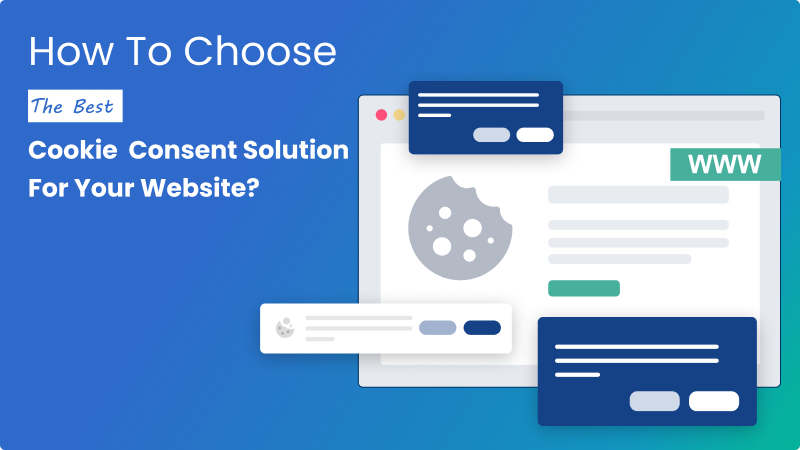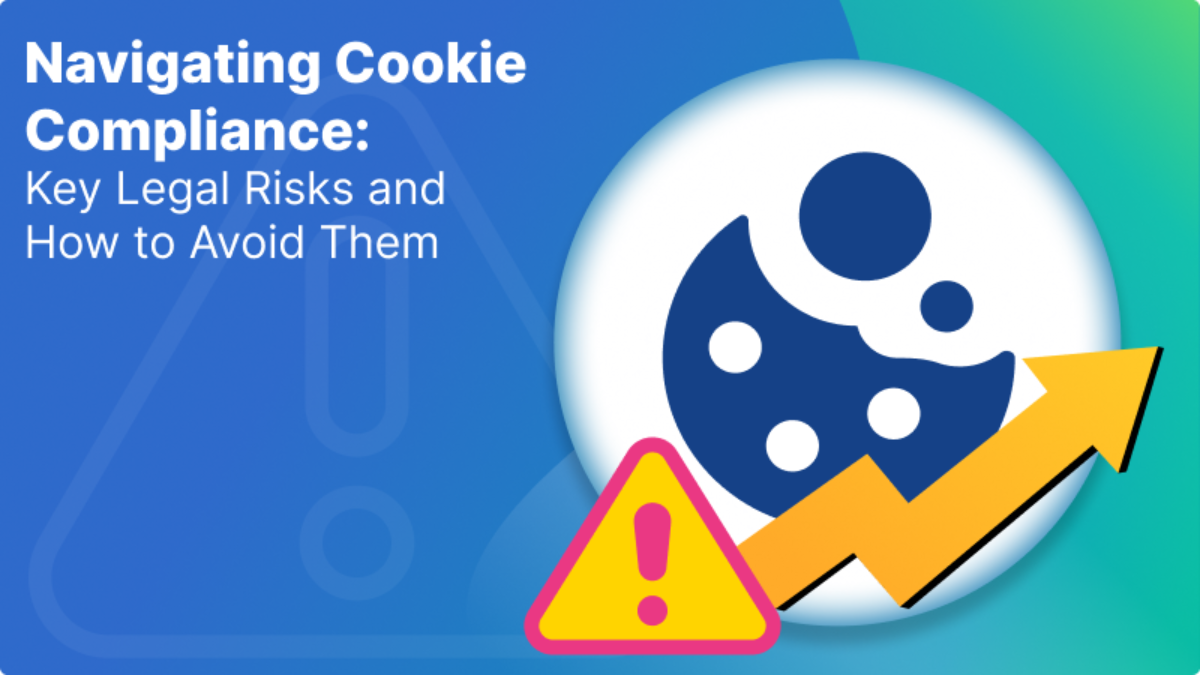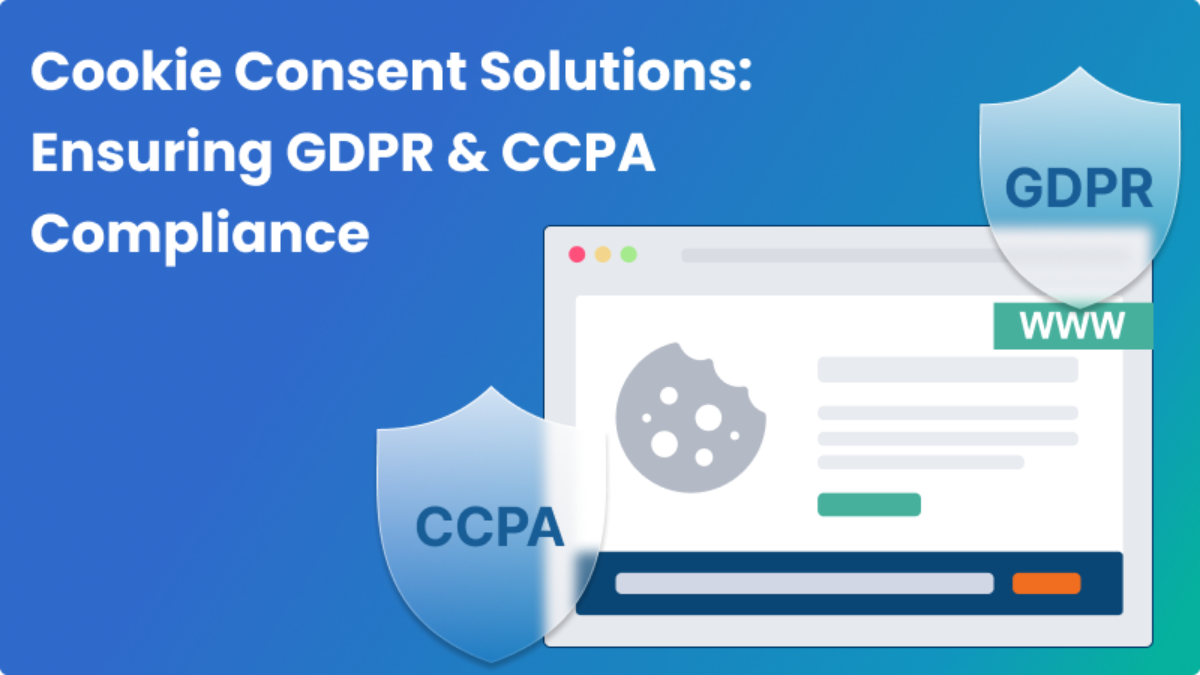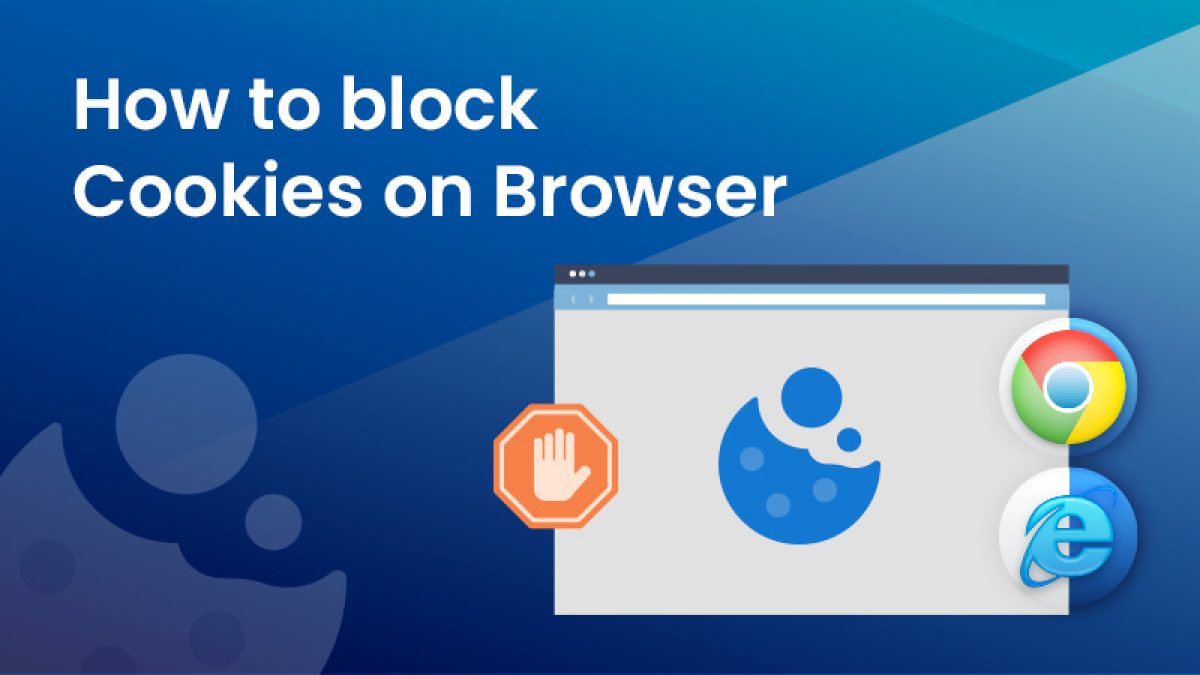How to Choose the Best Cookie Consent Solution for Your Website

In today’s digital age, privacy concerns and data protection regulations are more prominent than ever. Ensuring compliance with laws like the General Data Protection Regulation (GDPR) and the California Consumer Privacy Act (CCPA) is crucial for website owners. One of the key aspects of these regulations is managing cookie consent. Selecting the right cookie consent management solution can be daunting, but it’s essential for legal compliance and user trust. Here’s a guide to help you choose the best solution for your website.
Understanding the Importance of Cookie Consent
Before diving into the selection process, it’s essential to understand what cookie consent entails. It’s obtaining, managing, and storing user consent for cookies used on your website.
This includes:
- Informing users about the types of cookies used and their purposes.
- Providing options for users to accept or reject cookies.
- Documenting consent in a way that’s compliant with relevant regulations.
- Allowing users to change their preferences at any time.
Regulatory Requirements and Their Importance
Regulatory requirements for cookie consent are driven by a global movement towards greater data privacy and user rights. Laws like the General Data Protection Regulation (GDPR) in the European Union and the California Consumer Privacy Act (CCPA) in the United States mandate stringent rules for obtaining and handling user consent. These regulations require website owners to:
- Clearly inform users about the use of cookies and the data being collected.
- Obtain explicit consent from users before any non-essential cookies are placed on their devices.
- Provide users with the ability to opt-in or opt-out of different types of cookies.
- Maintain records of user consent and ensure that consent mechanisms are accessible and transparent.
Compliance with these regulations is crucial not only for avoiding hefty fines and legal penalties but also for maintaining the trust and confidence of your users. Non-compliance can lead to significant financial repercussions and damage your brand’s reputation. Therefore, choosing an effective cookie compliance solution is essential for adhering to these regulatory requirements and safeguarding your business.
Key Features to Look for in a Cookie Consent Management Platform
When evaluating a consent management platform, consider the following key features:
1. Compliance with Regulations
The solution should support compliance with major data protection laws, such as GDPR, CCPA, and the ePrivacy Directive. It should provide clear, customizable consent banners and policies that align with these regulations.
2. Customization Options
Every website is different, and your cookie consent solution should reflect that. Look for a tool that offers customizable cookie banners, pop-ups, and preference centers to match your website’s design and branding.
3. Ease of Use
The solution should be easy to implement and manage. This includes straightforward integration with your website, a user-friendly dashboard, and clear instructions for setup and customization.
4. Comprehensive Reporting
Detailed reporting is crucial for compliance and optimization. The solution should offer insights into user consent behavior, allowing you to monitor consent rates and make data-driven decisions.
5. Geolocation Features
Geolocation capabilities ensure that your website displays the appropriate consent message based on the user’s location. This is especially important for global websites that must comply with multiple regional regulations.
6. Multilingual Support
If your website caters to an international audience, multilingual support is essential. Ensure the solution can display consent messages in multiple languages to accommodate all your users.
7. Ongoing Updates and Support
Data protection regulations are constantly evolving. Choose a solution that provides regular updates to stay compliant with the latest legal requirements. Reliable customer support is also essential for addressing any issues or questions.
Best Practices for Managing Cookie Consents
To ensure effective and compliant cookie consent banners, consider the following best practices:
- Be Transparent: Clearly communicate to users what cookies are used, why they are necessary, and how their data is handled. Transparency fosters trust and enhances user engagement.
- Provide Easy Opt-Out Options: Make it easy for users to change their cookie preferences or withdraw consent. Provide clear instructions and accessible settings for managing cookies.
- Keep Policies Up to Date: Regularly update your privacy and cookie policies to reflect changes in your data practices or regulatory requirements. Ensure these policies are easily accessible to users.
- Educate Your Team: Ensure your team is well-informed about cookie consent requirements and best practices. Regular training and updates can help maintain a culture of privacy and compliance within your organization.
- Monitor Regulatory Changes: Stay informed about changes in data protection regulations and best practices. This ensures that your cookie consent practices remain compliant and up to date.
Common Challenges in Implementing Cookie Consent Solutions
Implementing a cookie consent solution can present several challenges. Here are some common issues and their solutions:
1. Balancing User Experience with Compliance
- Challenge: Ensuring compliance while maintaining a seamless user experience can be difficult. Intrusive banners or pop-ups may frustrate users.
- Solution: Choose a solution that offers customizable and user consent mechanisms. Opt for subtle, non-intrusive banners that still provide clear information and options for users.
2. Ensuring Comprehensive Coverage
- Challenge: Not all cookie consent solutions scan and manage all types of cookies effectively, leading to potential compliance gaps.
- Solution: Select a solution with robust cookie scanning capabilities to identify and manage all types of cookies, including third-party cookies, to ensure comprehensive compliance.
3. Keeping Up with Regulatory Changes
- Challenge: Data protection regulations continually evolve, making it challenging to stay compliant.
- Solution: Choose a solution that provides automatic updates to reflect the latest regulatory changes. Regularly review your consent management practices to ensure ongoing compliance.
4. Technical Integration
- Challenge: Integrating the cookie consent solution with your website can be technically challenging, especially for complex sites.
- Solution: Look for a solution that easily integrates with popular content management systems (CMS) and provides transparent, detailed implementation guides. If needed, consider seeking help from your web development team.
5. Managing Multilingual and Multiregional Compliance
- Challenge: Catering to an international audience requires compliance with regional regulations and multilingual support.
- Solution: Ensure your chosen solution offers geolocation features and supports multiple languages to effectively address the needs of your global audience.
The Future of Cookie Consent Solutions
As data privacy continues to evolve, the future of cookie consent solutions will be shaped by emerging regulations, technological advancements, and changing user expectations. Here are some trends to watch:
- Stricter Regulations: New privacy laws are being enacted worldwide, and existing regulations are being updated to necessitate continuous adaptation of cookie consent practices.
- Greater Focus on User Experience: As users become more aware of their privacy rights, they will demand greater control over their data. This will drive the development of more user-centric consent solutions.
- Advances in Privacy-Preserving Technologies: Technologies such as differential privacy and federated learning may offer new ways to collect and analyze data while minimizing privacy risks. These advancements could influence how cookie consent solutions are designed and implemented.
- Integration with Broader Privacy Management Systems: Cookie consent solutions are likely to become more integrated with broader privacy management systems, offering a more holistic approach to data protection and compliance.
Conclusion
Choosing the best cookie consent solution for your website is crucial for ensuring compliance with data protection regulations and building user trust. By understanding the importance of cookie consent, evaluating key features, and following best practices, you can select a solution that meets your needs and provides a seamless user experience. As the data privacy landscape evolves, staying informed about regulatory changes and technological advancements will help you maintain effective and compliant cookie consent practices.
How Mandatly’s Cookie Compliance Solution helps?
Whereas the most challenging aspect of gaining compliance with these requirements seems to be getting the right cookie consent banner on your website and a consent mechanism to record the consent but it is not. In fact, the true challenge lies in doing the underlying work that supports the efficient and accurate functioning of these mechanisms. Don’t worry, we have got it all covered.
Mandatly provides cookie and consent management solution without complex configuration or maintenance. Through the method of manual blocking, you can auto block the cookies by inserting the events manually in the JavaScript code.
Automatic Website Scanning: Mandatly’s Cookie Scanner technology performs in-depth scanning to detect first and third-party cookies, Trackers (plugins and social media implementations). It performs periodic scanning based on your schedule and provides an auto-generated list of cookies to keep your cookie notice updated.
Custom Cookie Banner: Mandatly offers a fully configurable solution for cookie banner settings & personalization to prepare your custom cookie banner cookie popup and ancillary features that describe the cookies collected and their purposes. Our feature-rich customization options include the ability to conduct a thorough cookie audit, providing transparency about the cookies collected and their purposes. These customizations seamlessly support various website themes, geolocations, compliances, etc.
Preference Center: Mandatly helps you build a central preference center across multiple domains. Enables a link to the policy to ensure your privacy policy addresses your cookie use and collection practices.
Consents Tracking: Mandatly’s cookie consent manager maintains your cookie consent records to demonstrate compliance. The dashboard presents easy to understand visuals of consent logs.
FAQs
It is suggested to conduct a cookie audit every six months. Moreover, it is advisable to consistently review your cookie usage and assess any third-party services integrated into your website that might set cookies.
- Identify the cookies: The first step is to identify all the cookies used on the website, including first-party and third-party cookies.
- Categorize the cookies: Categorize the cookies based on their functionality, data privacy implications, and legal requirements.
- Analyze the cookies: Analyze the cookies to determine their purpose, data collected, and how long they are stored.
- Assess compliance: Assess whether the cookies comply with data privacy regulations and your own privacy policy.
A cookie audit is an essential step towards ensuring compliance with data privacy regulations such as the GDPR. The GDPR requires that website owners obtain valid consent from users before collecting and processing their personal data, including cookies.
By auditing cookies, you categorize them, analyze their purpose and storage, confirm compliance, and create a clear cookie policy for users to opt out of non-essentials. This protects you from potential fines and legal issues.
Conducting a cookie audit poses challenges for website owners, including identifying all cookies, categorizing them, analysing their details, and creating a comprehensive cookie policy.
Utilize an automated software solution like Mandatly Cookie Compliance to scan and list all cookies including third-party ones. The tool automatically categorizes cookies based on functionality and generates a comprehensive report detailing their purpose, data collected, and storage duration. Additionally, it seamlessly updates the cookie policy in real-time upon identifying new cookies or removing existing ones.
Conducting such an audit is essential to ensure transparency and adherence to data privacy laws like GDPR, CPRA, CCPA, and other relevant regulations. Failing to perform a cookie audit poses the risk of non-compliance with data privacy regulations.
Conducting a cookie audit can impact website performance, but the impact is usually negligible.
Yes, to ensure that the website’s cookie usage is optimized for performance and user experience.













